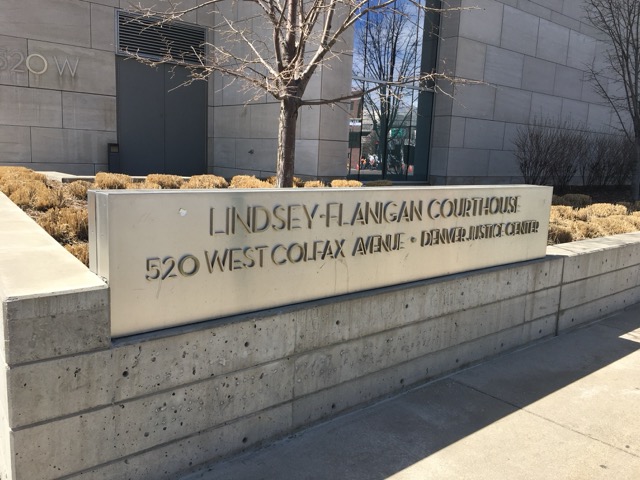✅ Updated October 2025
A Colorado Felony DUI occurs when a person has three or more prior convictions for alcohol- or drug-related driving offenses — including DUI, DUI per se, DWAI, vehicular homicide, or vehicular assault — under C.R.S. § 42-4-1307(6.5). A fourth or subsequent offense elevates the charge to a Class 4 Felony, exposing the defendant to potential Department of Corrections imprisonment rather than county jail.
Current Colorado Felony DUI Penalties
Under C.R.S. 42-4-1307:
-
Class 4 Felony: 2 – 6 years in the Department of Corrections, plus 3 years of mandatory parole.
-
If probation is granted: The court must impose 90 – 180 days of straight jail, or 120 days – 2 years on work release if available in that county.
-
Additional mandatory terms: Level II alcohol/drug education and therapy, and continuous alcohol monitoring for at least 90 days.
-
Judicial determination: Before sentencing to prison, the court must find incarceration is “the most suitable option” after evaluating treatment alternatives.
Colorado Felony DUI Trends (2016 – 2024)
According to Colorado Judicial Branch Table 20, felony-DUI filings peaked at 1,324 in FY 2018 but declined to 1,053 by FY 2024 — a reduction of about 20%.
Even so, Adams County (17th Judicial District) consistently ranks among the top three jurisdictions in felony-DUI filings statewide, often exceeding 130 filings annually.
This gradual decline likely reflects the deterrent effect of the felony statute enacted in 2015, as well as the expansion of DUI treatment courts and ignition-interlock monitoring programs.
Sentencing Policy and Appellate Guidance
Colorado appellate courts have clarified both the evidentiary and constitutional limits of the state’s felony-DUI scheme.
In People v. Tun, 2021 COA 34, the Court of Appeals reversed felony-DUI convictions where the trial court — rather than a jury — found prior DUI convictions. The court held that prior DUI convictions are elements of the felony offense that must be proved to a jury beyond a reasonable doubt under Linnebur v. People, 2020 CO 79M.
Separately, in Martinez v. People, 2020 CO 3, the Colorado Supreme Court held that the DUI sentencing statute, § 42-4-1307, limits cumulative jail time for probation violations to one year total, emphasizing that the legislature designed DUI sentencing to promote rehabilitation, not indeterminate punishment.
Together, these cases underscore that Colorado’s DUI framework carefully balances due process and deterrence with an emphasis on treatment and public safety.
Understanding the Broader Context
Felony DUI law sits at the intersection of criminal sentencing, traffic enforcement, and public-safety policy. Each case involves both legal and human dimensions — prior convictions, substance-use history, treatment readiness, and risk to the community.
The 2025 data suggest that Colorado’s courts continue to refine the balance between punishment and rehabilitation, with some counties favoring treatment-based alternatives while others maintain stricter sentencing approaches.
References and Sources
-
C.R.S. § 42-4-1307 – DUI sentencing and penalties.
-
Colorado Judicial Branch FY 2024 Annual Statistical Report, Table 20.
 Denver DUI Attorney Blog
Denver DUI Attorney Blog


